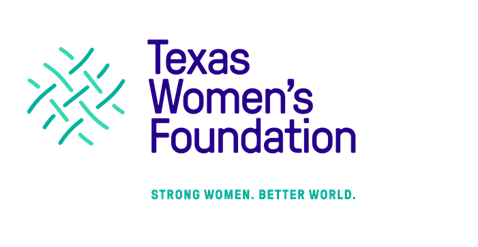Via: Dallas Morning News
By: Cheryl Hall
Although Lone Star women have made progress, they still fall way short when it comes to earning the same pay as men for comparable jobs.
If trends hold steady, they might have to wait more than three decades to catch up, according to a study by the Institute for Women’s Policy Research in partnership with the Dallas Women’s Foundation. So working women over the age of 40 may be out of luck.
Little progress
Texas women who work in full-time, year-round jobs have seen little to no headway when it comes to annual pay and closing the gender gap. The good news is that a greater share of Lone Star women hold manager or professional jobs.

Universally lopsided
The wage gap in median annual full-time earnings is persistent for all races and ethnicities.


Roslyn Dawson Thompson, CEO at Dallas Women’s Foundation
Regional disparities
The gender wage gap is smallest in Dallas County, where women earn 92.6 percent as much as men. But women living in Dallas County make far less and hold fewer managerial and professional jobs than their counterparts in Collin and Denton counties. The pay gap is widest for women in Collin County, but they make more money than women in the other two North Texas counties.


Julie Anderson, senior research associate at the Institute for Women’s Policy Research
What if women were paid like men?
There’s a poverty punch to society. Texas would have half as many working women living in poverty if they were paid as much as men.


Cheryl Hall, Business columnist, The Dallas Morning News
